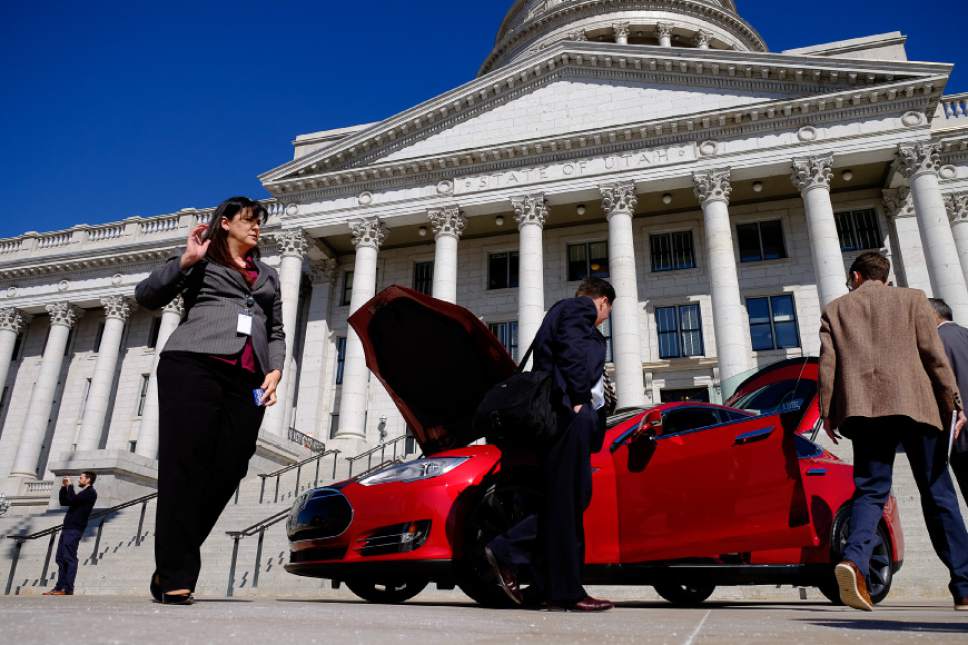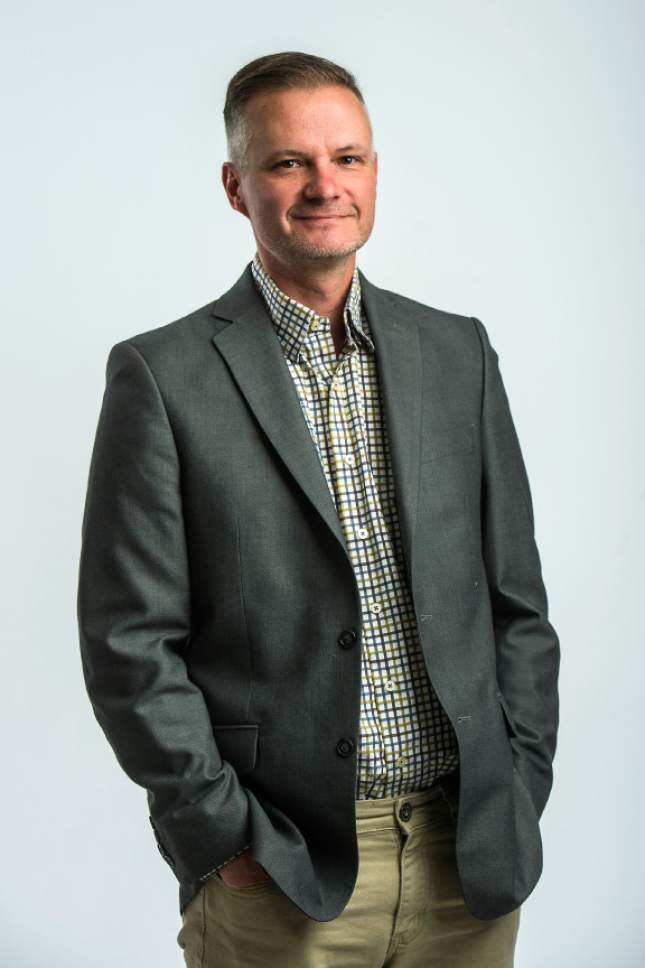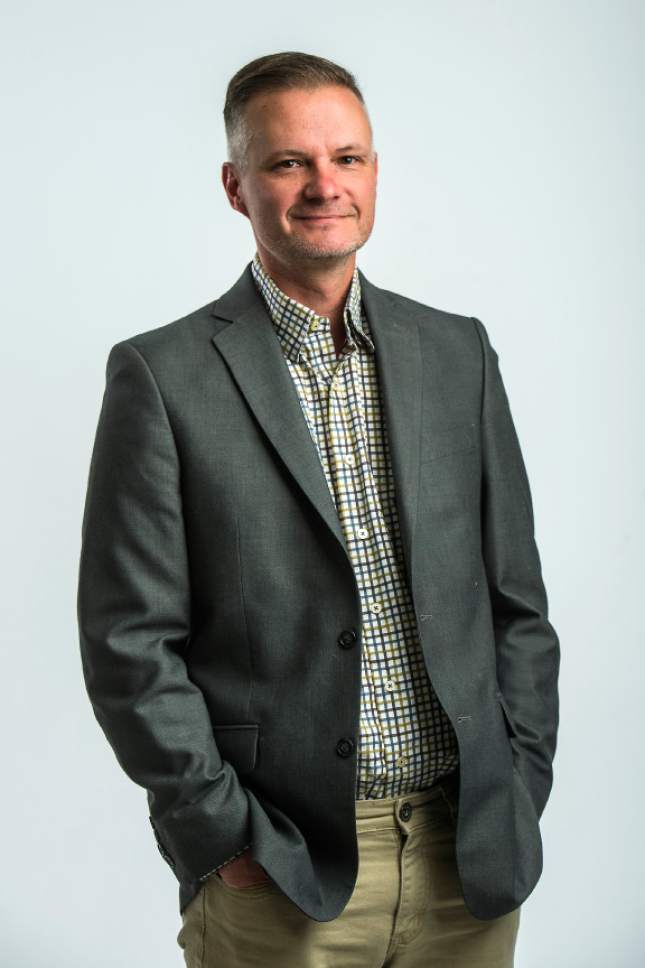This is an archived article that was published on sltrib.com in 2017, and information in the article may be outdated. It is provided only for personal research purposes and may not be reprinted.
Two things got in the way of my plan to walk out of the Tesla showroom in South Salt Lake with my new Model X, preferably in red with heated seats, sunroof and premium sound.
I was a little short — about $160,000 short.
But, really, I blame the nonsensical laws regulating new-car sales in the state.
Last week, the Utah Supreme Court upheld one of those laws, a requirement that prohibits car manufacturers from selling automobiles directly to consumers. Instead, they have to contract with a car dealership to act as a middleman on the transaction.
The ruling was the culmination of years of wrangling between Tesla and the state, which denied Tesla a new-car-dealer license because it wasn't going through a franchisee.
Today, Tesla operates with a used-car license with a few lightly used cars on the lot for test drives or, if you have the means, to take one home. But if you want a new Tesla, you have to order one online and have it delivered to your home.
It's the kind of pointless protectionism that seems inconsistent in a state like Utah which prides itself on a free-market philosophy. Yet here we are, with this peculiar law stifling innovation and competition.
Car dealers argue that, because they invest millions in their franchises, they need assurances the big carmakers won't pull the rug out from under them. Forcing Ford and Chevy and Volkswagen and the rest to have a franchise agreement with the dealers gives them some degree of certainty.
They also argue that if a consumer ends up with a lemon, the dealer can be the advocate for the consumer.
A nice idea, if you think the dealer cares more about a customer who buys one new car a decade than the manufacturer who pushes thousands of cars through their lot every year.
What it comes down to is that the Utah franchise law is merely a buffer from economic Darwinism that no other industry in the state enjoys, and it's just one example of how the car dealers have written their own rules.
Ever try to buy a car in Utah on Sunday? Don't bother. Because in 2000, Larry Miller didn't want to have to open on Sunday, but he also didn't want to lose sales to competitors. So Utah law requires dealerships to close either Saturday or Sunday. They, of course, all pick Sunday.
And a car dealer trying to break into the market can't open a new lot within 10 miles of a dealership selling the same make of cars. The buffer had been 15 miles until it was shrunk two years ago.
Could you imagine the Legislature creating the same sort of no-fly zone for coffee shops, jewelers or any other businesses? Cities that tried to put the same kind of proximity restrictions on payday lenders were threatened with legislation pre-empting the ordinances because they were seen as anti-competitive.
That doesn't apply to car dealers.
We got here, as you have probably guessed, because of the muscle car dealers have on Capitol Hill. They pour money into campaigns, have high-profile representatives like Gail Miller and Karl Malone who have lawmakers' ears, and they engender goodwill by sponsoring sports teams, Scout troops and arts events in legislators' communities.
State Rep. Kim Coleman, R-West Jordan, who tried to get rid of the new-car franchise requirement in 2015 and 2016, kicked the hornet's nest and ended up in the middle of a brawl between Tesla and the car dealers.
Now, with the Supreme Court having ruled, she'll likely try again next year to clarify the law so that Tesla can sell new cars in the state, and she shouldn't stop with just Tesla.
It makes sense. If franchised dealerships really are good for customers, then they don't have anything to worry about — they'll survive and continue to thrive. If manufacturers selling directly to customers is the best way, it shouldn't be limited to Tesla; let Toyota and Honda and Ford do it, too.
Just because things have been done one way for years doesn't mean it's the only way, or even the best way, for the future.
Tesla has demonstrated that much by putting a premium on innovation.
I witnessed it firsthand as I slammed on the pedal and blew along Interstate 80, the acceleration pushing me back into the seat. I flipped on the self-driving feature, let go of the wheel and silently breezed past a row of semi-trucks. "This is going to change America," my kid said from the back seat.
He might be right — if we can get the politicians out of the way.
gehrke@sltrib.comm Twitter: @RobertGehrke







